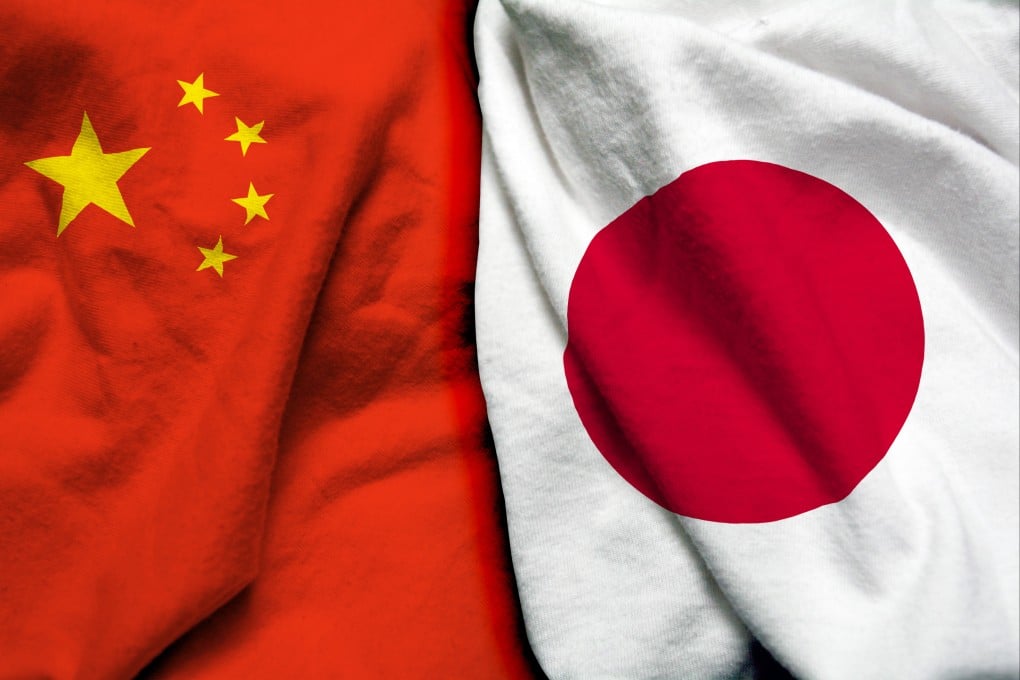China urged to push for better ties with Japan and seek three-way talks with US
- Former PLA instructor warns that failures in crisis management could lead to full-scale conflict and says dialogue is the only way forward
- Tokyo has responded to mounting tensions by approving a record defence budget and strengthening its security ties with Australia and America

Zhang Tuosheng, director of the Institute of International and Strategic Studies at Peking University, wrote in an academic journal that war must no longer be seen as a way to settle disputes.
“China and Japan should also consider jointly promoting the China-Japan-US trilateral security dialogue at an appropriate time, discussing many security issues ... to reduce misunderstandings and misjudgments,” Zhang said.
In the article, Zhang, a former instructor at the Military Academy of the People’s Liberation Army, said the lack of crisis management could lead to a full military confrontation between China and the United States, which would in turn damage relations with Japan, a key US ally.
The article was published in late December in the international relations journal China International Strategy Review.